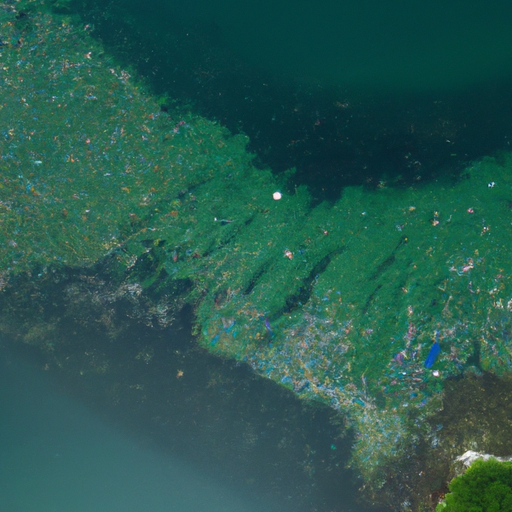-
Table of Contents
What will happen if ocean pollution gets worse?

Ocean pollution is a pressing issue that is affecting our planet in numerous ways. If this problem continues to worsen, the consequences will be severe and far-reaching. From the degradation of marine ecosystems to the threats faced by sea life, the future of our oceans is at stake.
Ocean Pollution Consequences
If ocean pollution continues to worsen, the consequences will be dire. The delicate balance of marine ecosystems will be disrupted, leading to a decline in biodiversity. This means that many species of marine life will be at risk of extinction, which will have a cascading effect on the entire food chain.
Furthermore, the pollution will continue to contaminate the water, making it unsafe for both marine life and humans. The toxins present in the water can lead to various health issues, including respiratory problems, skin irritations, and even cancer. This will not only impact the livelihoods of those who depend on the ocean for their sustenance but also affect the tourism industry, as people will be reluctant to visit polluted beaches.
Additionally, the economic consequences of ocean pollution will be significant. The fishing industry, which provides livelihoods for millions of people worldwide, will suffer greatly. As fish populations decline due to pollution, fishermen will struggle to make a living, leading to unemployment and poverty in coastal communities.
Marine Ecosystem Future
If ocean pollution worsens, the future of marine ecosystems will be bleak. Coral reefs, which are often referred to as the “rainforests of the sea,” will be particularly affected. The increased pollution levels will lead to coral bleaching, a phenomenon where corals expel the algae living within their tissues, causing them to turn white and eventually die. This will result in the loss of vital habitats for countless marine species.
Furthermore, the acidification of the oceans, caused by pollution, will have a detrimental impact on shell-forming organisms such as mollusks and crustaceans. The increased acidity levels will make it difficult for these organisms to build and maintain their shells, leading to population declines and potential extinction.
The loss of these crucial habitats and species will disrupt the balance of marine ecosystems, leading to a decrease in overall productivity. This will have a negative impact on the availability of seafood, as well as the regulation of climate through the absorption of carbon dioxide by marine plants.
Sea Life Threats
If ocean pollution continues to worsen, sea life will face numerous threats. One of the most significant threats is plastic pollution. Plastic waste, such as bottles, bags, and microplastics, is ingested by marine animals, causing internal injuries and often leading to their death. Additionally, entanglement in plastic debris can suffocate or immobilize marine creatures, further contributing to their decline.
Chemical pollutants, such as oil spills and industrial waste, also pose a significant threat to sea life. These pollutants can accumulate in the tissues of marine animals, leading to reproductive issues, organ damage, and even death. The long-term effects of these pollutants on the overall health of marine populations are still being studied, but the initial findings are concerning.
Furthermore, the increase in ocean temperatures due to climate change, exacerbated by pollution, is causing the destruction of vital habitats for many marine species. Coral reefs, seagrass beds, and mangrove forests are all under threat due to rising temperatures, leading to the displacement and potential extinction of numerous species.
- Loss of habitat for marine species
- Disruption of the food chain
- Decline in biodiversity
- Increased risk of extinction
- Health issues for marine life and humans
- Economic consequences for fishing industry and coastal communities
In conclusion, if ocean pollution continues to worsen, the consequences will be devastating. The degradation of marine ecosystems, the threats faced by sea life, and the economic and health implications cannot be ignored. It is crucial that we take immediate action to reduce pollution and protect our oceans for future generations.